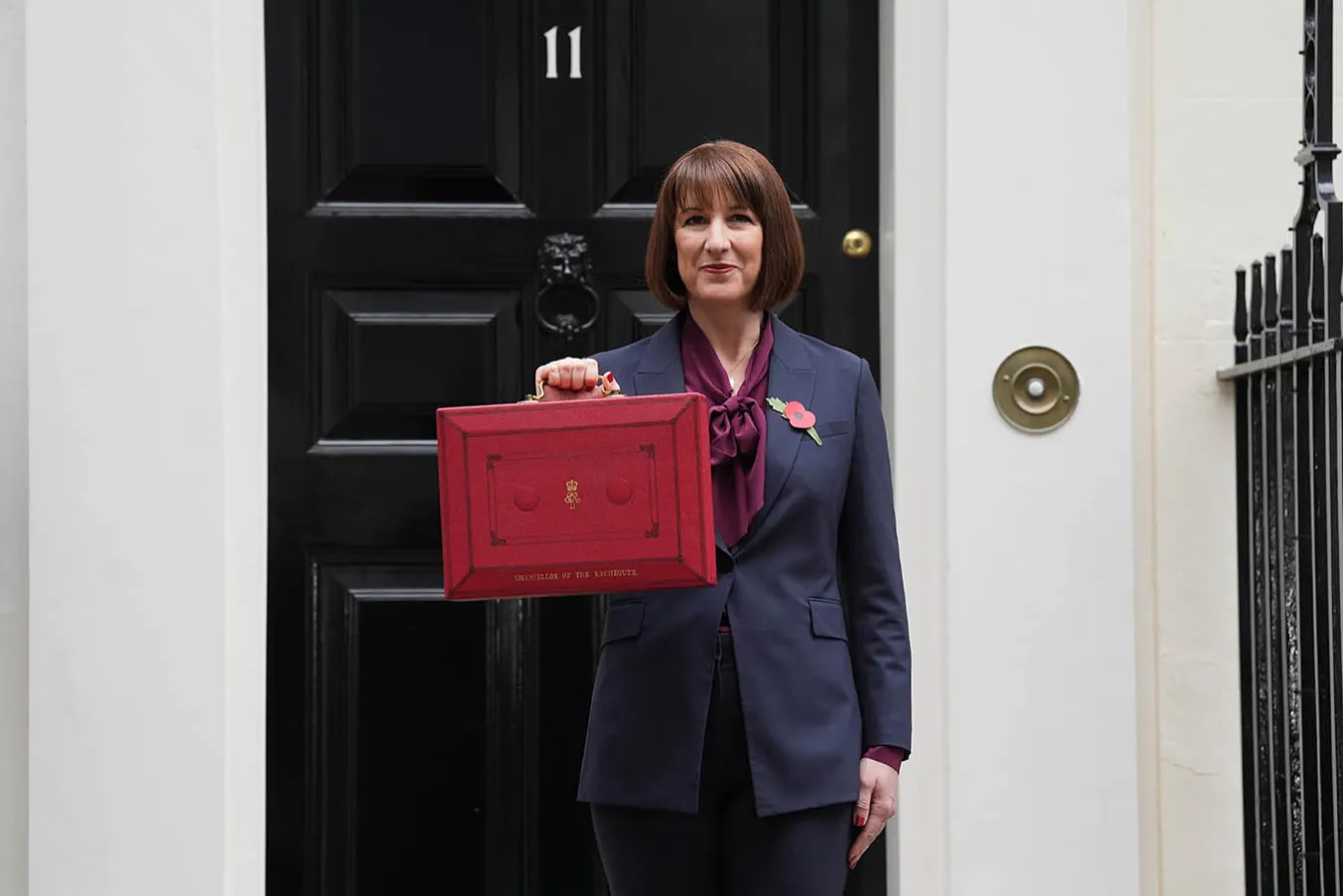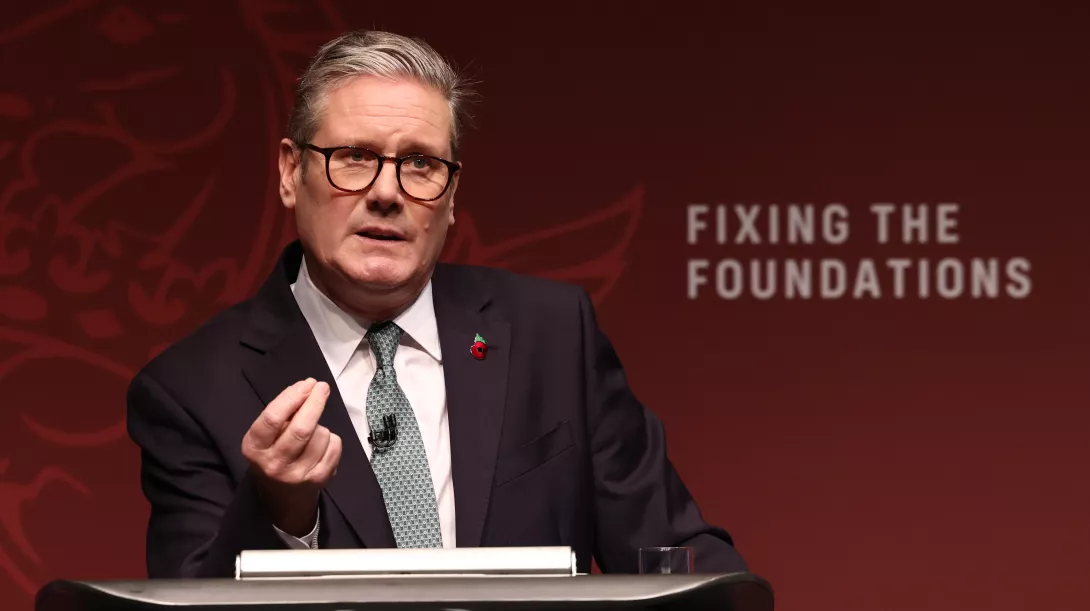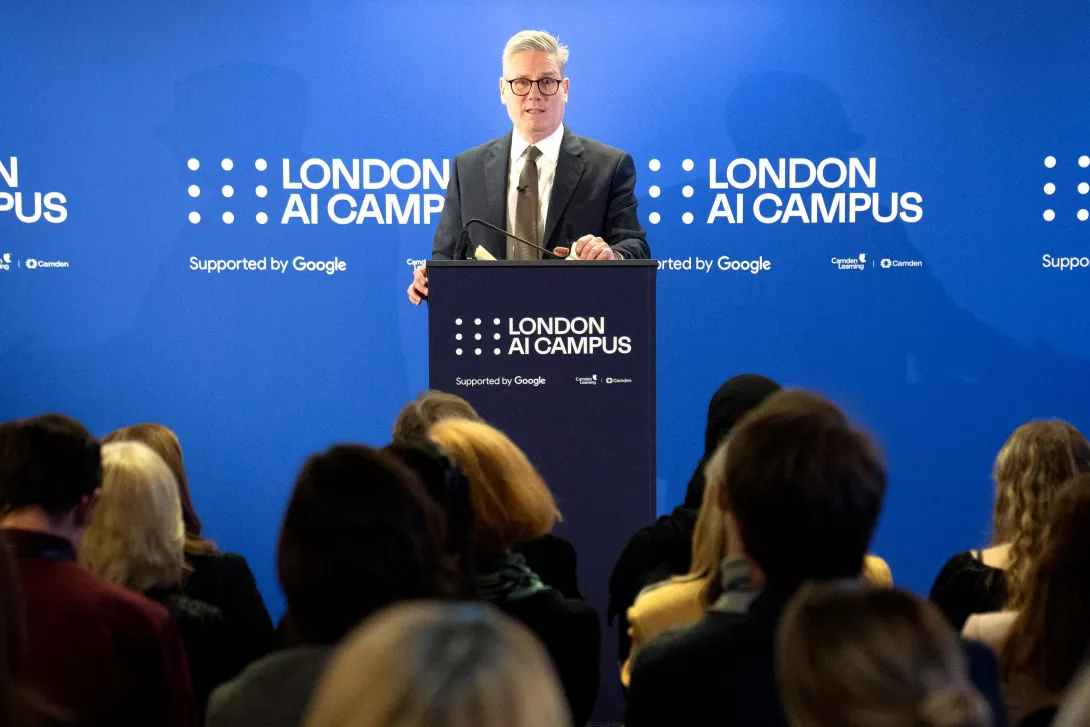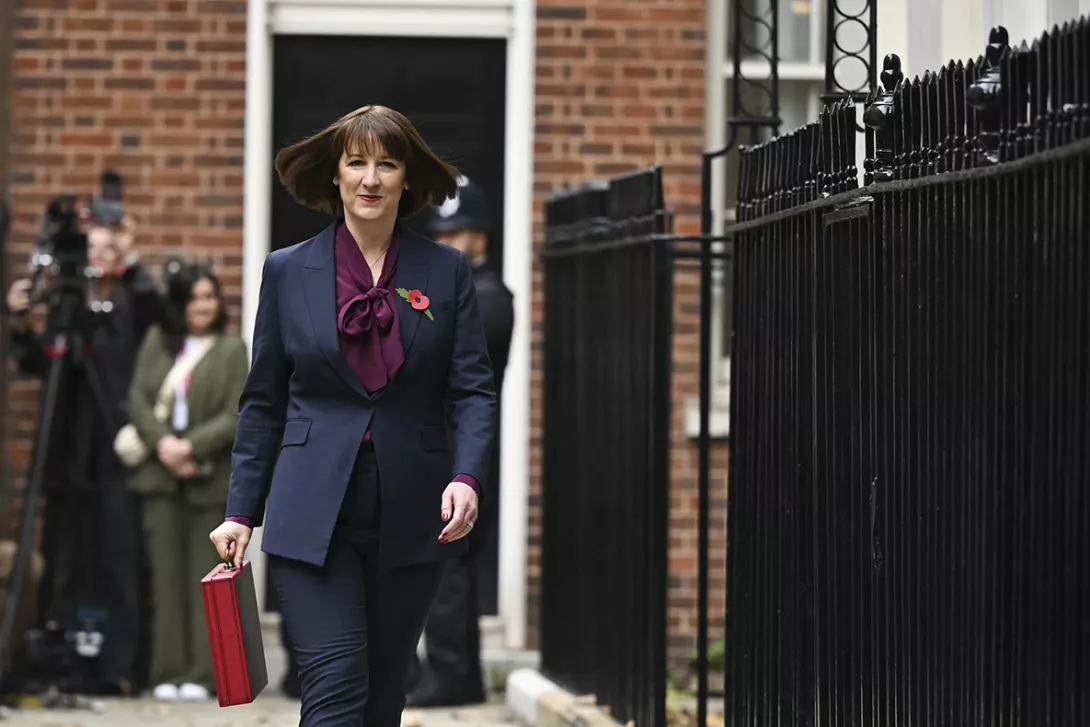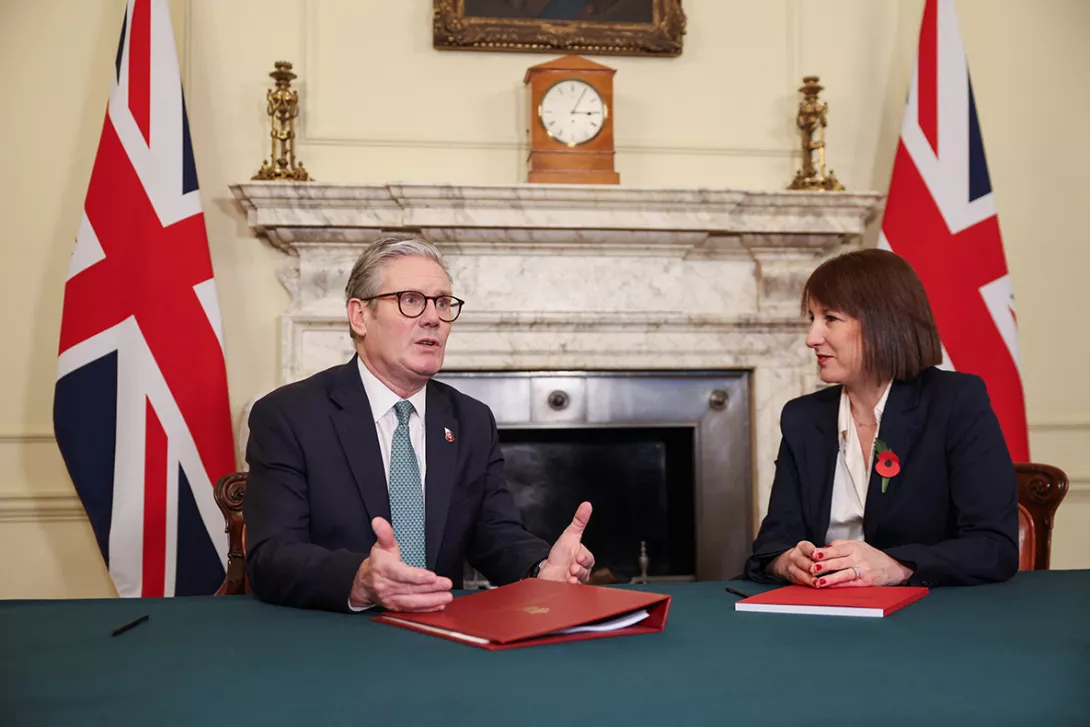
IS Jacob Rees-Mogg a working person? Of course he is — the ex-MP is employed to present a show on GB News among other gigs.
Of course he isn’t — a father of six who has never changed a nappy, deployed his nanny to canvass for him, profited from a hedge fund and was famously snapped sprawling languorously along the government benches doesn’t know what work is.
Rees-Mogg has raised a fair question though. Can Keir Starmer tell us what or who a “working person” is?
It is a salient point because today’s Budget will test Labour’s manifesto pledge not to raise taxes on working people. The commitment explicitly covered income tax, VAT and National Insurance.
It has been widely trailed that this might not cover NI contributions paid by employers. Are they working people or not? If they are, then Rachel Reeves trembles on the brink of a broken promise.
So do employers work or not? Focus on individual bourgeois and you find some do and some don’t.
Some are hands-on directors of their companies, some put in a shift managing their money across different interests, and some just wallow in their wealth.
The short answer, however — offered here as a public service — is more straightforward. Employers aren’t actually people.
The overwhelming majority of workers are employed by companies established on the basis of limited liability, impersonal entities existing to make a profit through the exploitation of labour.
Even in the case of smaller businesses it will be the corporate entity that pays any extra National Insurance, not its owner personally.
“Working people” is a slippery term, often used by people who know they ought to say “working class” but feel it sounds less dogmatic to trade in class for people.
The two phrases do not mean the same thing at all. The working class is a definite social formation, while “working people” is a cloudy concept, straddling sociology and populism.
New Labour preferred to act in the name of the people as a whole, with perhaps “hard-working families” as a particularly meritorious subset, while actually serving the interests of the big capitalists, and the City of London above all.
Keir Starmer’s invocation of “working people” is designed to play to the very different environment of the 2020s and a country ravaged by austerity and inequality. It appears to put him on the side of regular folk.
So let us assume that Reeves tries to box herself out of the pledges she has boxed herself in with by agreeing that employers are not covered by the manifesto phraseology. What happens next?
Chagrined companies may recoup their increased outflows to HM Treasury by holding down the wages of the workers they employ, or by hiring fewer of them to do more work each.
Maybe they will try to maintain margins by gouging the consumer. Those shrinking chocolate bars can always get smaller — but never cheaper.
Perhaps they will start paying suppliers late. They have options, and it is fair to assume that the impersonal employers do not plan on seeing their own income diminish on account of anything Reeves does.
Far fewer options exist for the mass of the employed. Their pay slips may look the same tomorrow, but already they must set sums aside to assist an elderly relative with their heating bills this winter. They are the cat that can be skinned in many ways.
Why the difference? It is a matter of class. The ruling class of the Rees-Moggs on the one hand, and the working class on the other, divided by power.
Neither today’s Budget, nor pseudo-populist rhetoric will address that.

